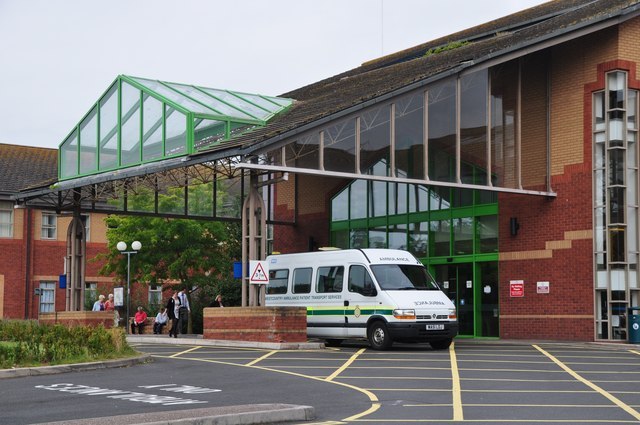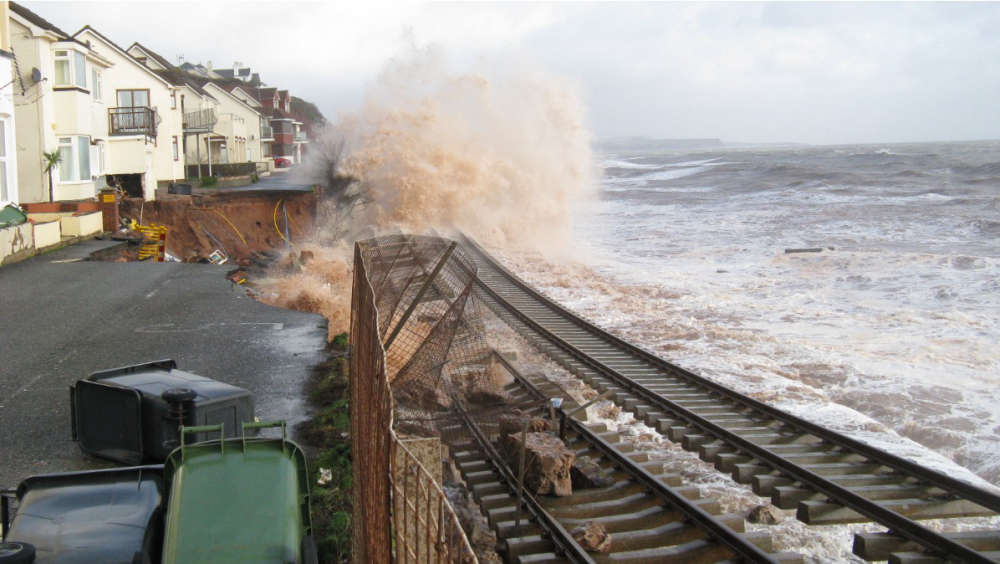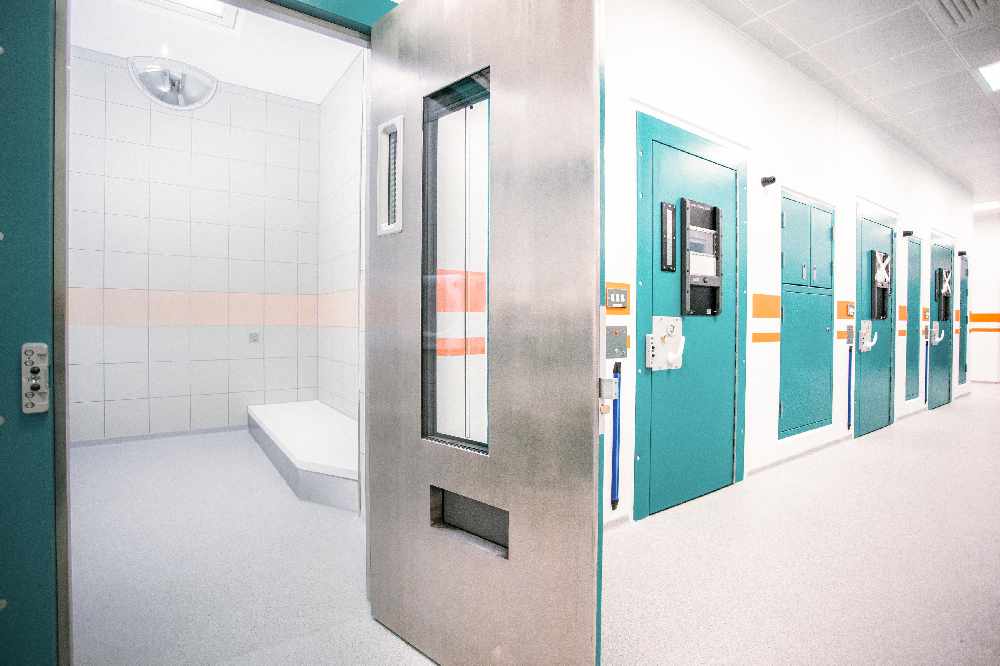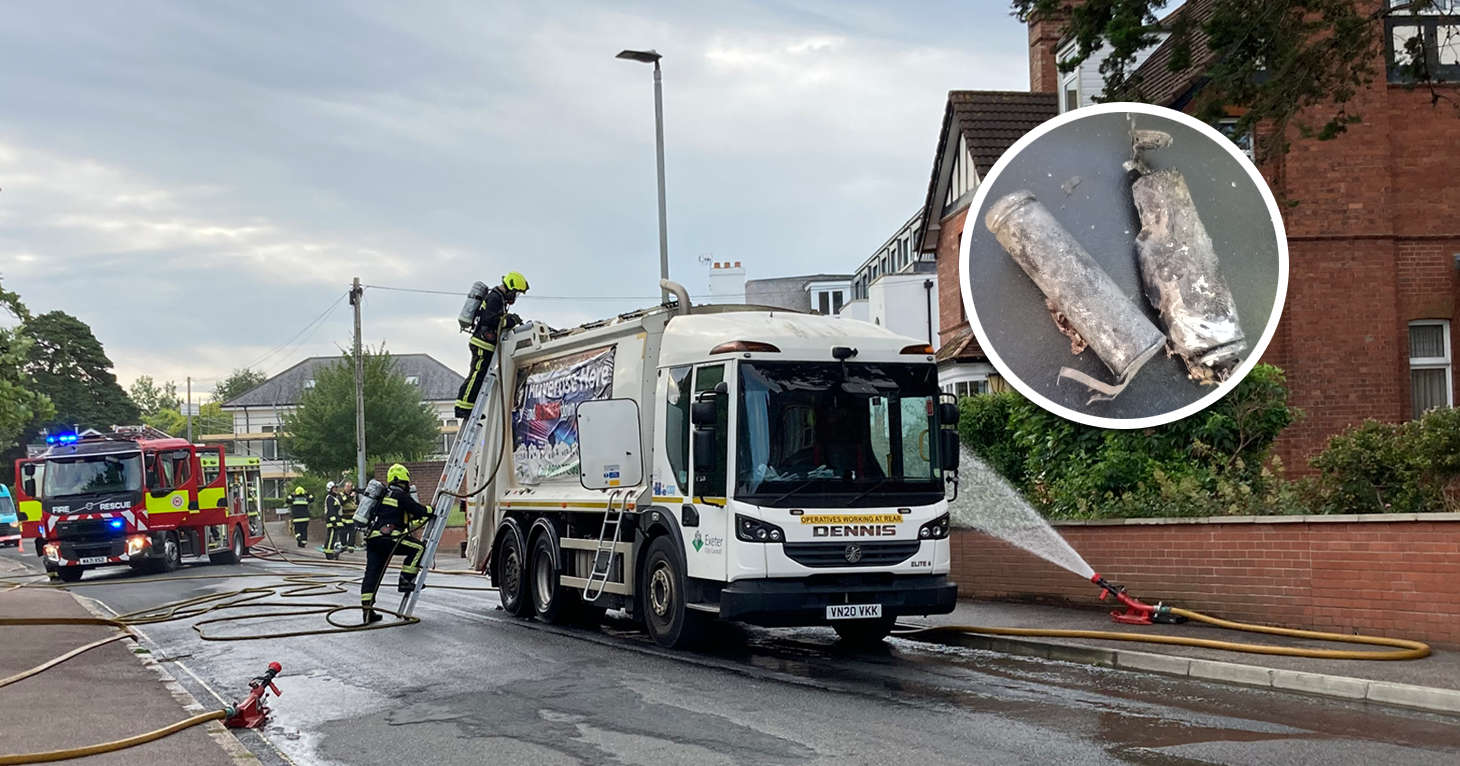
It's still one of lengthiest in the country
Waiting times have been slashed in A&E departments at the Royal Devon and Exeter (RD&E) and North Devon District hospitals, and are now among the best in the country.
The Royal Devon University Healthcare NHS Foundation Trust is in the top 10 of most-improved health trusts in the country for urgent emergency care and says it has “exceeded its expectations”.
The end-of-year performance showed 80 per cent of A&E patients were dealt with within four hours. The national target is 76 per cent.
The trust’s chief executive Sam Higginson told a board meeting there is “a sense of growing momentum” for the organisation which was rated as “requires improvement” by the Care Quality Commisson (CQC) last August in its first inspection since the Royal Devon and Exeter NHS Foundation Trust and Northern Devon Healthcare NHS Trust merged the year before.
The financial situation is more stable, with the Integrated Performance Report at the end of the 2023/24 financial year showing its deficit dropped to £27 million after savings of £77 million were made.
Over half of these savings will have an ongoing benefit.
The patient waiting list had reduced by 8,500, and waiting times for cancer diagnosis and of more than 78 weeks for non-urgent care had improved.
But at 75,000 people, the trust still has one of the largest patient waiting lists in the country.
Mr Higginson complimented the 16,000 staff in the two hospitals who had improved performance during times of challenge and industrial action, but he said there is still a lot to do.
The trust plans to reduce the waiting list by another 10,000 people this year.
“In two-to-three years’ time, I would like to see us back to having a stable waiting list, and in a good financial position within 18 months,” he said.
He said the trust had achieved its best four-hour performance in emergency care since the merger.
A letter from Dame Cally Palmer and Professor Peter Johnson from the NHS Cancer Programme said the trust’s 40 per cent reduction in people waiting more than 62 days from getting a cancer diagnosis to starting treatment – 101 fewer patients than a year ago – was “some of the most positive progress we have seen anywhere nationally.”
There were three ‘must-do’ actions for the trust following the CQC report last year.
To ensure its systems and processes support it to oversee and respond to issues and risks more quickly and ensure learning from incidents, including never events and data issues.
To ensure the information reported from its electronic patient record system is accurate and properly analysed to support regular audits to improve the quality of care.
Achieve a stable financial position and continue to manage pressures so they do not compromise the quality of care.
The CQC reported “compassion and positive teamworking” and found the leadership to be “cohesive, patient centred and knowledgeable about the issues and priorities for the quality and sustainability of services”.
 Dawlish cliffs could collapse at any time
Dawlish cliffs could collapse at any time
 Two murders in Cornwall
Two murders in Cornwall
 Councillor owes more than £3,000 in council tax
Councillor owes more than £3,000 in council tax
 Vape causes extensive damage to Exeter bin lorry
Vape causes extensive damage to Exeter bin lorry
 ‘Torbay first’ plea in council shake-up consultation
‘Torbay first’ plea in council shake-up consultation
 Police appeal following Yelverton burglaries
Police appeal following Yelverton burglaries
